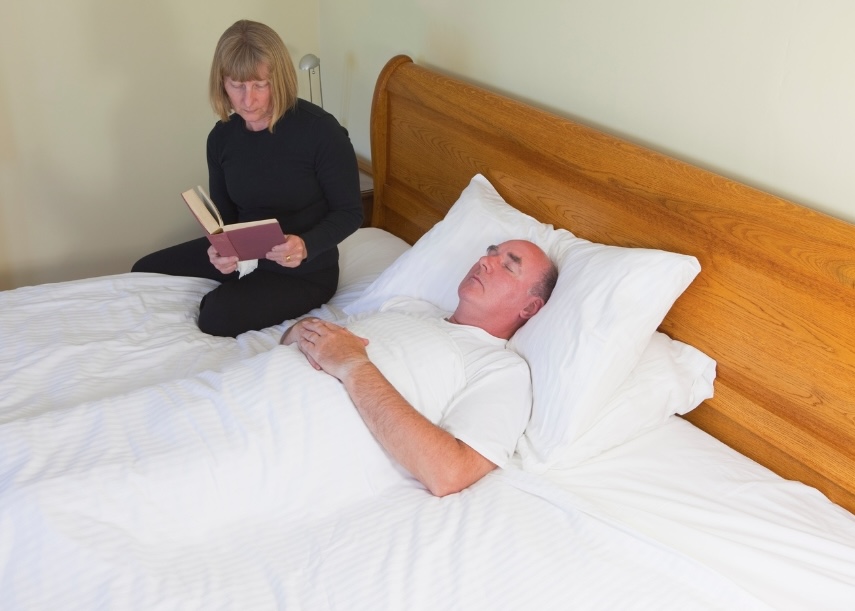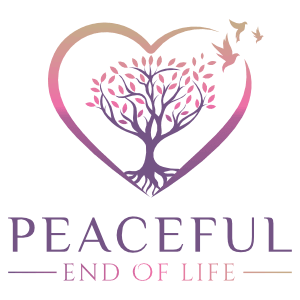In contemporary society, the concept of a “good death” often remains overshadowed by the relentless pursuit of life-extending medical interventions. This approach can lead individuals onto an “end-of-life conveyor belt,” where they undergo numerous treatments without a clear understanding of when to say enough is enough. Paradoxically, many people dedicate more time to planning vacations than contemplating their end-of-life experiences. This article delves into the importance of striving for a peaceful death, the pitfalls of excessive medicalization, and practical steps to plan for a dignified end-of-life journey, while also highlighting the crucial role of end-of-life doulas and patient advocates.
The Pursuit of a Peaceful Death
A “good death” is subjective, varying across cultures and individuals. However, common elements often include being free from unnecessary pain, experiencing emotional well-being, having one’s wishes respected and honored, and being in a familiar environment surrounded by loved ones. Achieving this requires extensive proactive planning and open conversations about death—a topic many find uncomfortable but essential to address. End-of-life doulas can be instrumental in facilitating these conversations, not only with medical professionals, but also family and friends, helping individuals articulate their values and ensuring their voices are heard.
The End-of-Life Conveyor Belt
Modern medicine offers an array of interventions aimed at prolonging life (sometimes in spite of pain, misery and a loss of autonomy). While these advancements have saved countless lives, they can also lead to scenarios where patients undergo aggressive treatments with diminishing returns on quality of life. The Dartmouth Atlas of Health Care highlights significant regional variations in the intensity of end-of-life care, suggesting that more medical intervention does not necessarily equate to better outcomes. As someone who works in the end of life space, I frequently discuss with patients the importance of QUALITY of life, rather than the QUANTITY of life. In other words, the goal shouldn’t be to remain alive as long as possible; the goal should be that the quality of one’s life should supersede anything else.
Without clear directives, individuals may find themselves subjected to invasive procedures that neither extend meaningful life nor align with their personal values. This “conveyor belt” of interventions can result in prolonged suffering and a depersonalized dying process. A doula’s presence can help individuals and their families navigate these decisions, offering guidance on when it might be appropriate to prioritize comfort and quality of life over aggressive treatments.
Planning for a Good Death
To avoid unwanted medical interventions and ensure a peaceful passing, it’s crucial to engage in advance care planning. This process involves reflecting on one’s values, discussing preferences with loved ones, and documenting wishes through legal instruments.
- Advance Healthcare Directives: These legal documents specify the types of medical treatment one desires or wishes to avoid if unable to communicate decisions. A living will outlines specific treatments, while a durable power of attorney for healthcare designates a trusted individual to make decisions on one’s behalf.
- Discussing Wishes with Loved Ones: Open conversations about end-of-life preferences can alleviate uncertainty and guilt for family members tasked with making decisions. Sharing values and desires ensures that loved ones are aware of and can honor one’s wishes. Doulas often facilitate these discussions, creating a safe space for individuals to express their concerns and desires.
- Engaging Healthcare Providers: Discussing end-of-life options with physicians can provide clarity on the implications of various treatments. Healthcare professionals can offer insights into what to expect and help align medical care with personal values. An end-of-life doula can serve as a liaison between the individual and the healthcare team, ensuring that the person’s wishes are clearly communicated and respected.
- Financial and Estate Planning: Organizing financial affairs, creating a will or trust, and planning for potential healthcare costs can reduce stress for both the individual and their family. Addressing these practical aspects ensures that one’s affairs are in order, allowing for a focus on emotional and spiritual well-being during the final stages of life. An attorney is best used to ensure proper legal paperwork is filed, depending on the state you reside in.
The Role of End-of-Life Doulas and Patient Advocates
End-of-life doulas and patient advocates are invaluable resources for individuals navigating their final journey. We are trained professionals and provide emotional, spiritual, and practical support tailored to the unique needs of each person. We work closely with patients to ensure that their wishes are respected, helping them avoid unwanted medical interventions and guiding them toward a death that aligns with their values.
Doulas often begin by exploring the individual’s goals and fears surrounding death. We help create personalized end-of-life plans that address not only medical preferences but also emotional, cultural, and spiritual needs. By fostering open communication between the patient, their family, and healthcare providers, as doulas we ensure that the person’s voice remains central to all decisions.
In addition to advocacy, doulas provide companionship and emotional support, alleviating the isolation that many people feel during this time. They may assist with legacy projects, organize gatherings, or simply offer a comforting presence. For families, doulas serve as a steadying influence, providing guidance and reassurance during an often overwhelming process.
The Importance of Proactive Planning
Despite the inevitability of death, many individuals delay or avoid end-of-life planning. A study highlighted by the New York Post reveals that approximately half of Americans haven’t discussed end-of-life plans with their parents, even though 90% acknowledge the importance of such conversations.
Proactive planning empowers individuals to maintain autonomy over their dying process, ensuring that their end-of-life experience aligns with their values and desires. It also alleviates the decision-making burden on family members during emotionally charged times, reducing potential conflicts and promoting a sense of peace among loved ones. With the support of a doula, these plans can be executed with confidence and care, ensuring that the individual’s vision of a good death becomes a reality.
Conclusion
Striving for a peaceful death requires intentionality and courage to confront a topic often shrouded in discomfort. By recognizing the limitations of aggressive medical interventions and engaging in comprehensive end-of-life planning, individuals can transition from the impersonal “conveyor belt” of treatments to a more personalized and dignified conclusion to life. End-of-life doulas and patient advocates play a pivotal role in this process, offering the expertise, empathy, and advocacy needed to ensure that individuals achieve the death they want. Embracing this approach not only honors one’s values but also fosters a legacy of thoughtful and compassionate decision-making for future generations. Please Contact Me so we can collaborate on creating the end-of-life experience you desire.


